I remember my childhood, in 1979, 1980, every time the tide was 30, the first or the fifteenth day of the lunar month, when the sea water was low, my sisters and I would go from our house in Xuan My village, Ninh Tho commune (Ninh Hoa) to the sea to catch horse snails and blood cockles. All of us kids would wake up at 3am to prepare, and at 4am we would set off on foot to the sea. We would walk and laugh to dispel our fear of ghosts because at that time there were few houses, only bushes and empty fields. Walking to the sea made my legs weak, but when I saw the sea, all my fatigue disappeared. We had to go early because in the morning the wind was calm, the blood cockles would open their mouths, and we could catch them. We were so happy to see a lot of blood cockles and big cockles. Everyone caught a lot to bring to Lac An market the next morning to sell for money or exchange for rice to eat. After catching snails, we went to the beach to swim, competed in swimming, built sand castles, and then sat together under the poplar trees to eat the prepared lunch. After that, each of us found a place to lie down and take a nap, then in the cool afternoon, we walked home together.
It was so much fun that we always looked forward to the dry season to catch snails, swim, and play on the piles of white sand. And the sand in my hometown is really white. The waves and wind pushed the sand to the shore, creating white sand dunes. We liked to chase each other on those sand dunes and play sand sliding. Maybe because there are many high sand dunes here and many people like sand sliding like me, the beach here is called Doc Let. Doc Let Beach is located in Ninh Hai ward.
 |
One time, during other tides, we asked our parents for permission to go to Ninh Diem ward to stay at a relative’s house to pick jellyfish. We usually stayed to pick until the tide stopped and then returned. The tide lasted about a week, and that week we played together, lit a fire to cook rice, and caught jellyfish. The jellyfish we caught, we took to the sea to wash, put in barrels, and added alum to prevent them from being eaten. Oh, there were a lot of jellyfish, jumping snails, and jellyfish, we tried to carry them back to sell to earn money. Thanks to the products of our coastal homeland, our family got through the years of famine more easily than other areas.
On days when we don’t go to sea to catch snails or jellyfish, every 4-5 pm, my villagers gather together at Dia Doi, in front of Xom Quan, also in Xuan My village. Dia Doi is a large, saltwater pond, located away from the boat creek in Binh Tay village, Ninh Tho commune. This pond has a lot of snails and fish. It is called a pond, but the snails and fish here are natural snails and fish, not farmed by the people. There are countless fish and snails, my whole village gathers together to catch them. There are types of fish that are now specialties such as parrot fish, grouper fish, etc., but we did not catch them that day because there are many types of fish with firmer and more delicious meat. After catching them, people gather together at Dung well to drink water and wash their faces. Dung well is a regional well, a village well. My villagers call it Dung well in the local dialect. My hometown Xuan My village is arid, rocky, water is scarce, so our grandparents dug a big well to store water, the water source is small, most of the well water is rainwater and is brought from the water source at Da Ban dam. Dung well is where the villagers come to carry water for drinking; for water for daily use, eating, bathing, each family digs a well and a pond next to the well in their family's land. My house is far from Dung well. Although carrying water is heavy and far, everyone likes to carry water. Because Dung well is where we gather to sing, joke, and compose poems back and forth there. Many couples have found love there. Back then, there weren't many fun things to do or places to entertain like now, so Dung well was a gathering place for children and young men and women. When mentioning Dung well, our generation can't help but reminisce about our childhood and our beautiful youth. This place is also a red address, a meeting place, a place for soldiers to communicate with each other during the resistance war. To me, this place has a lot of meaning because my grandfather sacrificed his life while trying to contact his comrades.
 |
| Doc Let Beach in 2018. Photo: XUAN THUAN |
Nowadays, tap water has reached every household in Xuan My village, my villagers no longer go out to fetch water to drink like in the past. Only occasionally do people who raise shrimp or work in the fields nearby come to fetch water to drink in their huts. Thanks to the Party and the State's favorable conditions, the lives of the people in Xuan My village have improved day by day. From the wild, deserted land of the past, it has now become prosperous and bustling. Many shrimp ponds and vast salt fields have sprung up on the deserted fields. Every time I have the opportunity to visit my hometown, when I pass by, I stop, the well water is still clear, still cool like in the past, still has a gentle sweetness spreading into my body. I like that feeling, the feeling of the blazing sun, tired from working in the fields, we go to the well to drink water and sit down to rest. Cool, quenching thirst! The sweetness, the coolness of Dung well water has nurtured many generations of people in Xuan My village and has followed us throughout our lives.
PHAM THI PHUONG
Source


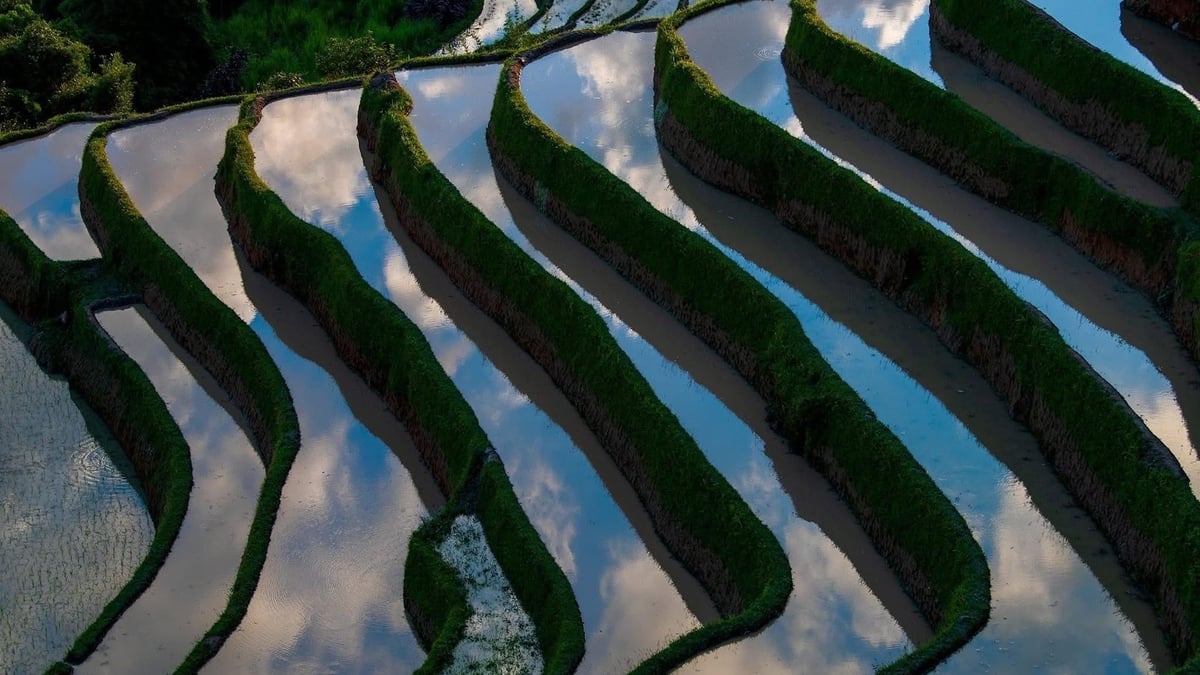
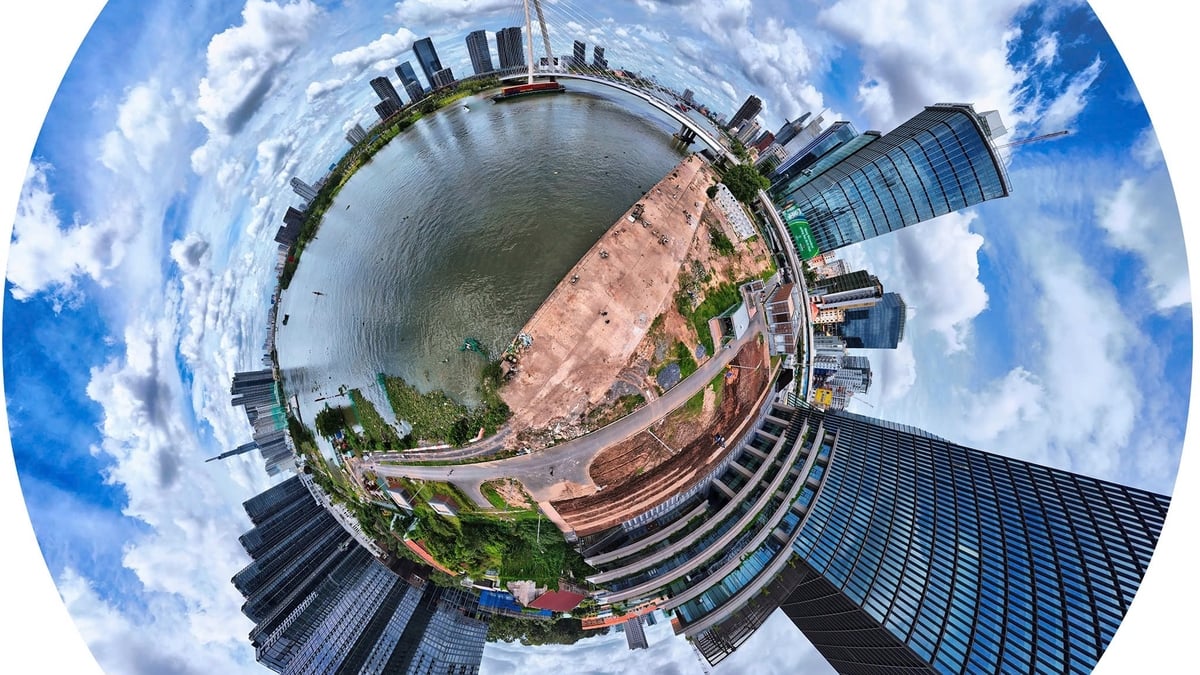

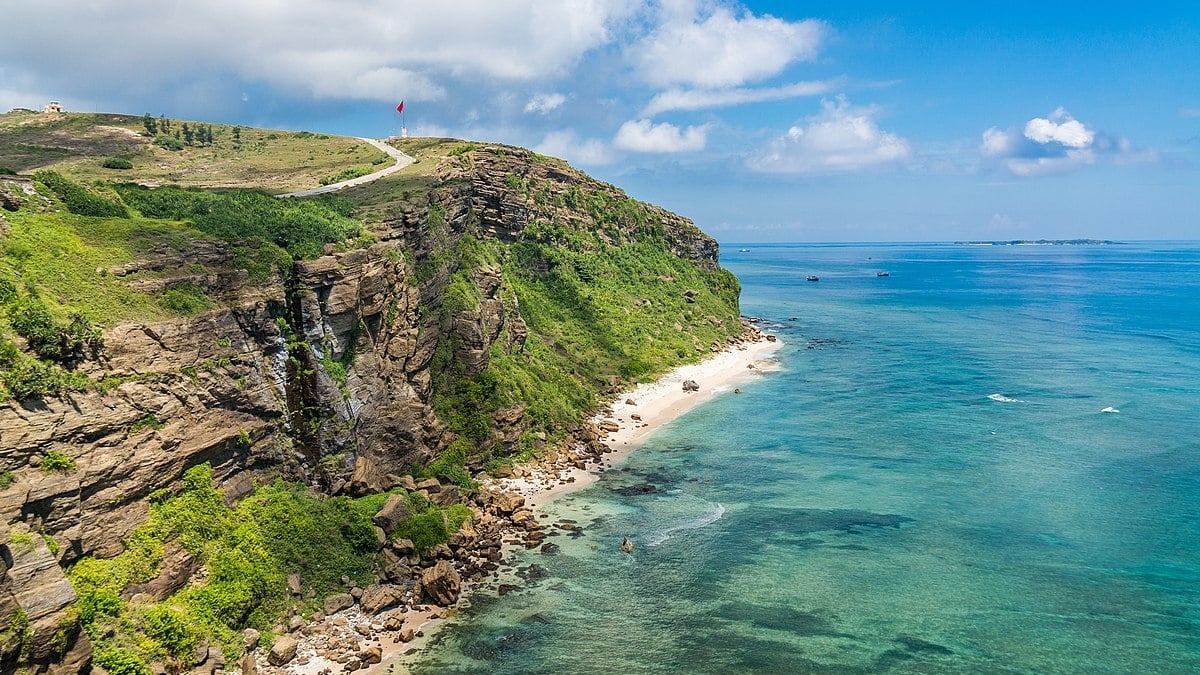

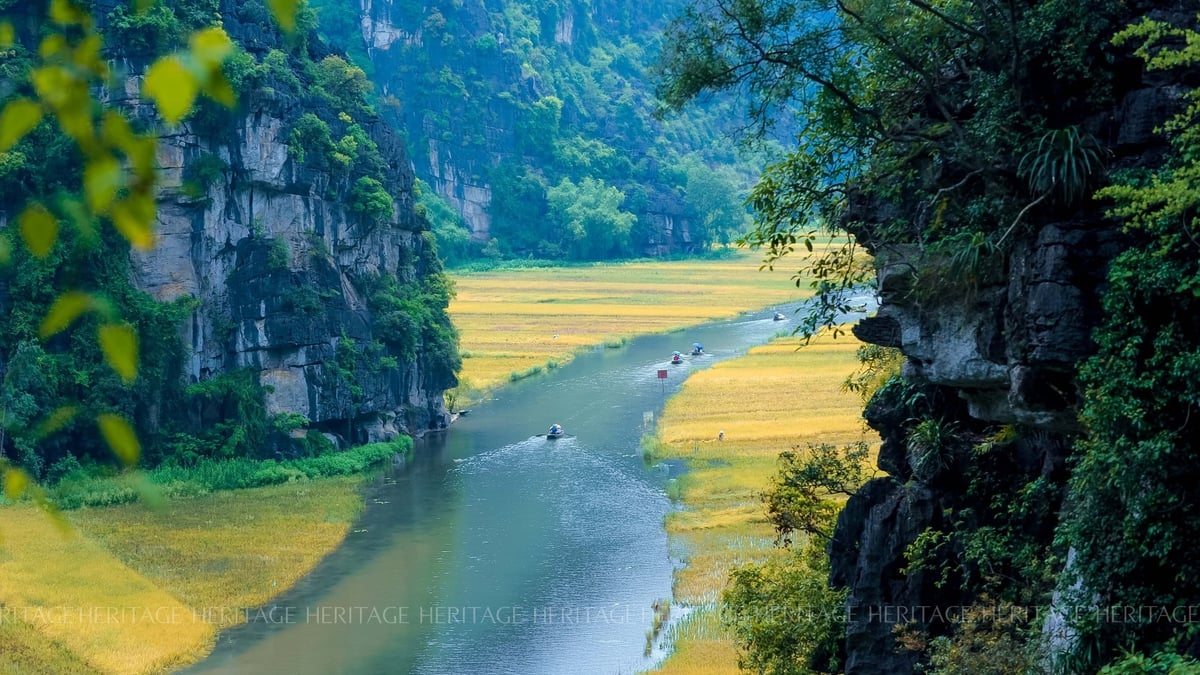






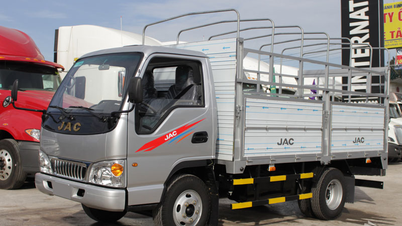

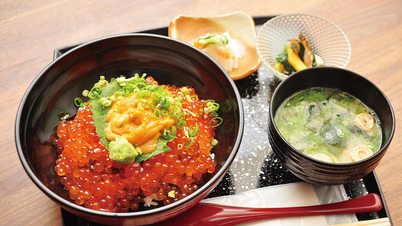





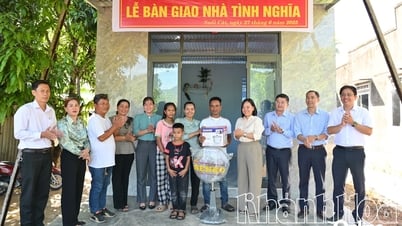


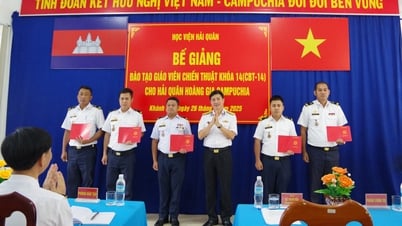




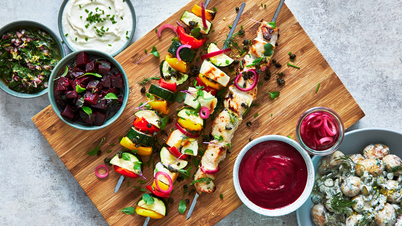
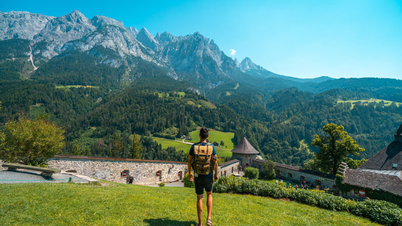

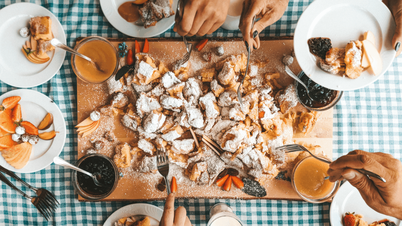
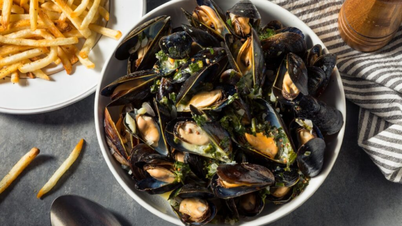
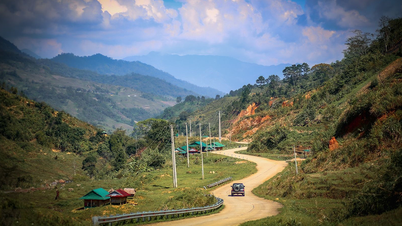
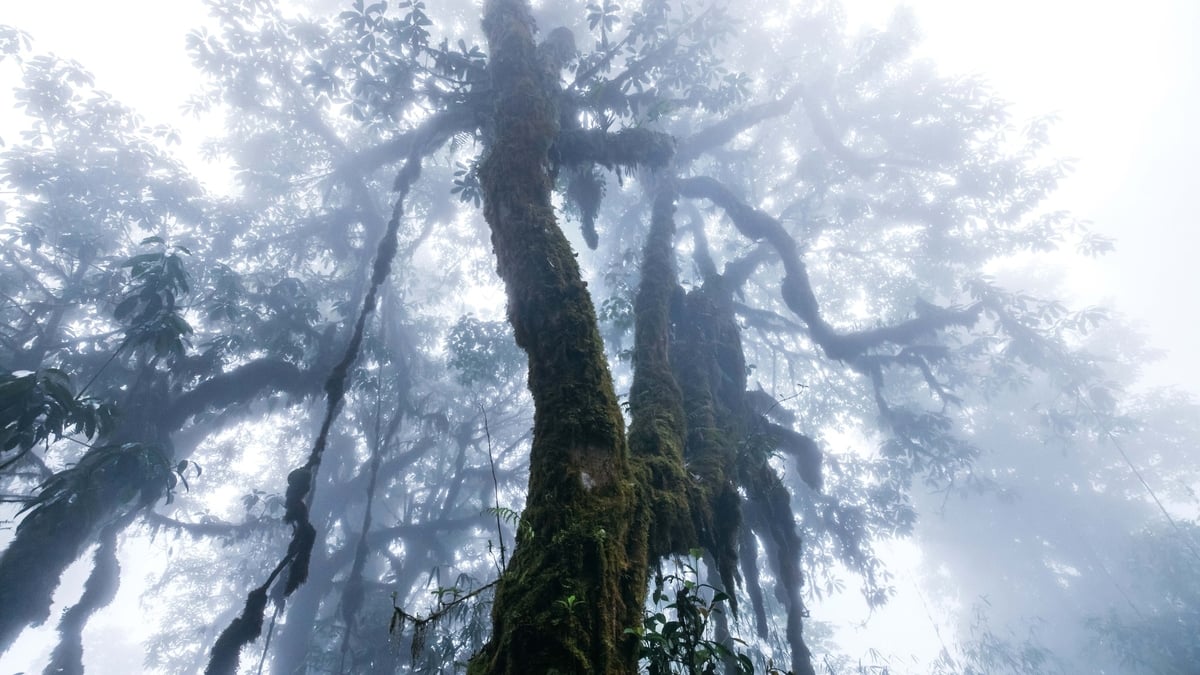
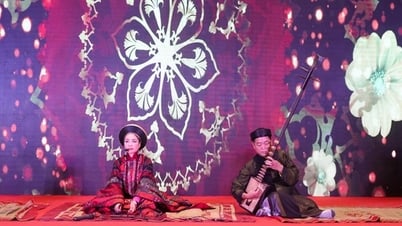



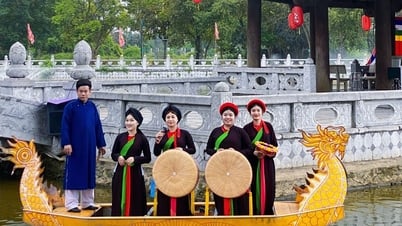

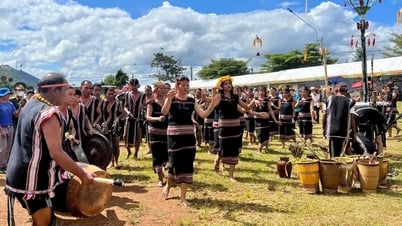
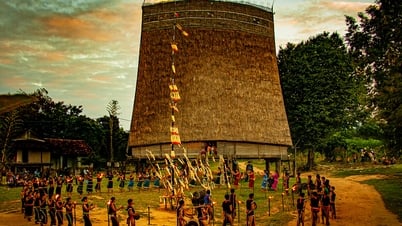





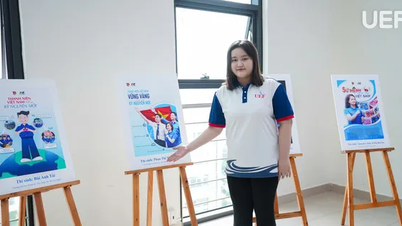

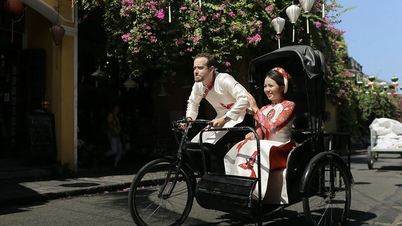




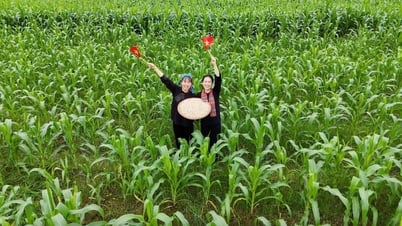








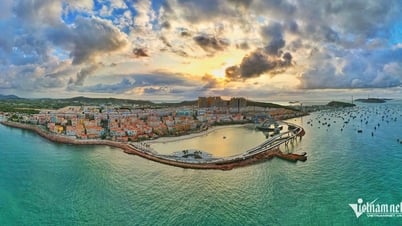

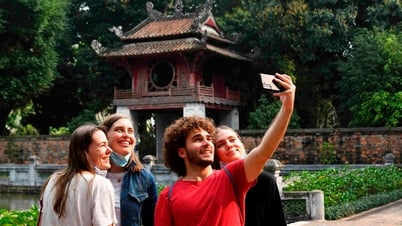

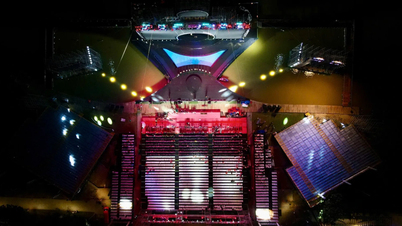





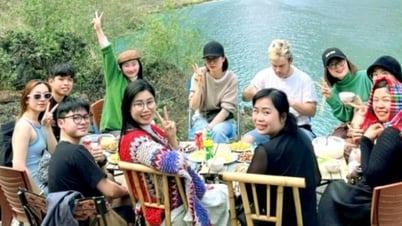
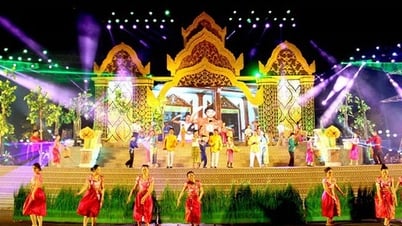



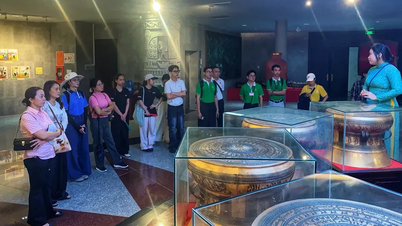

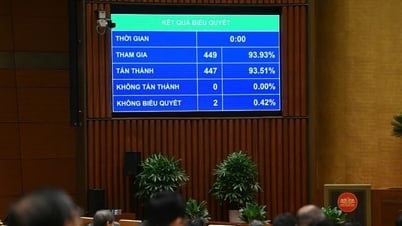

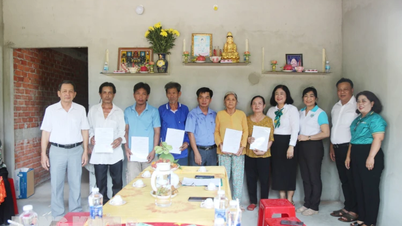















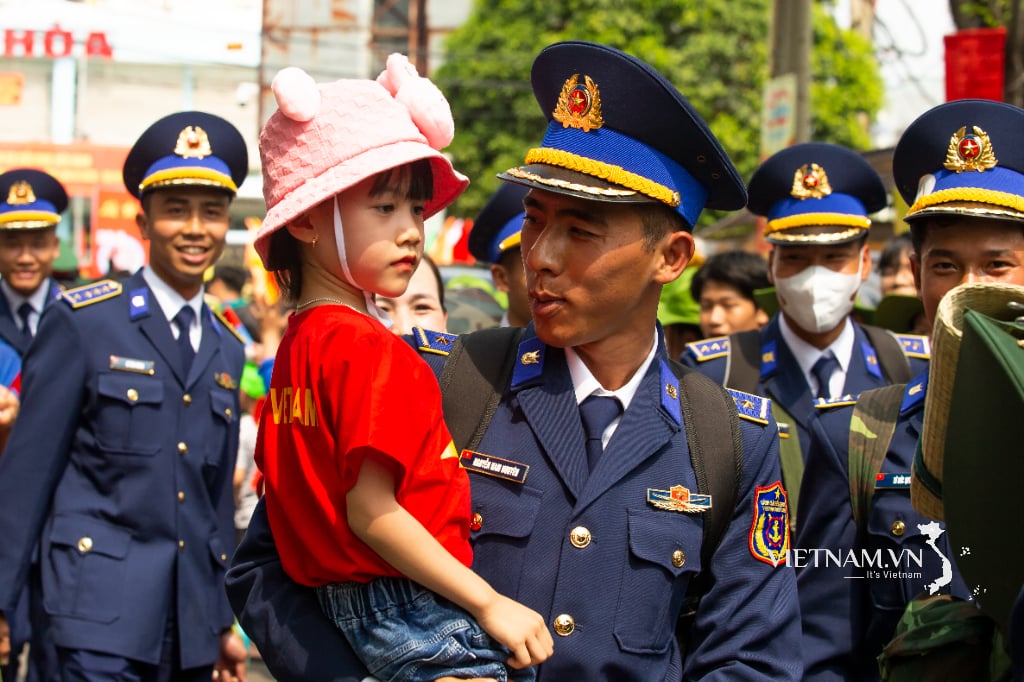
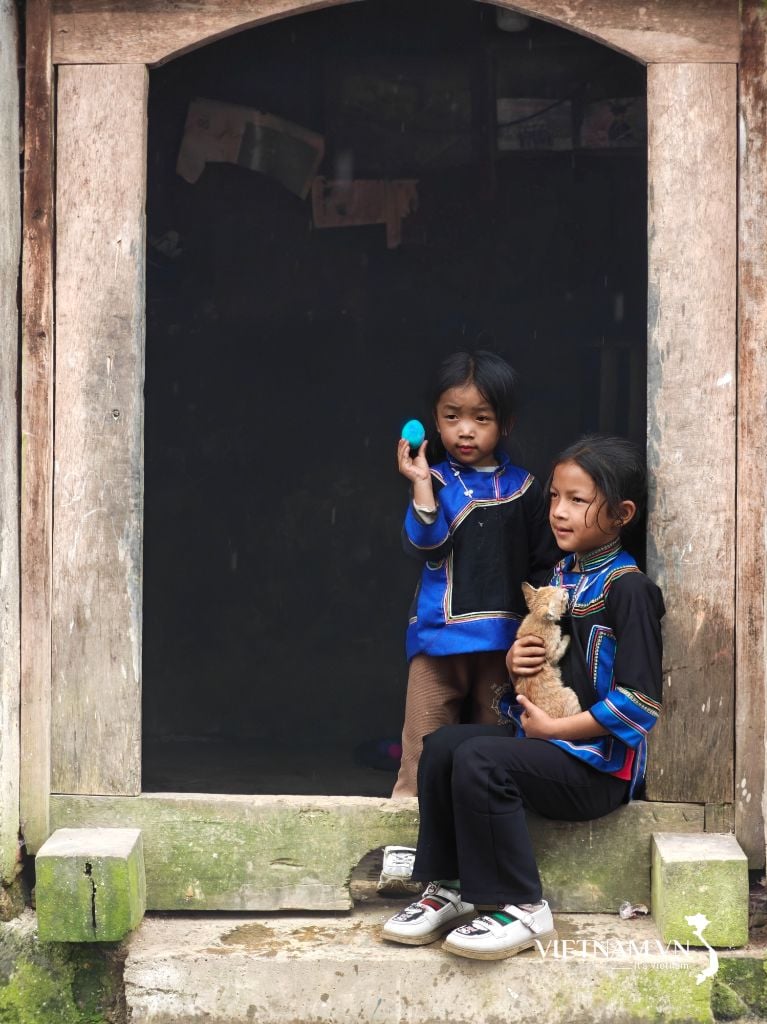
Comment (0)